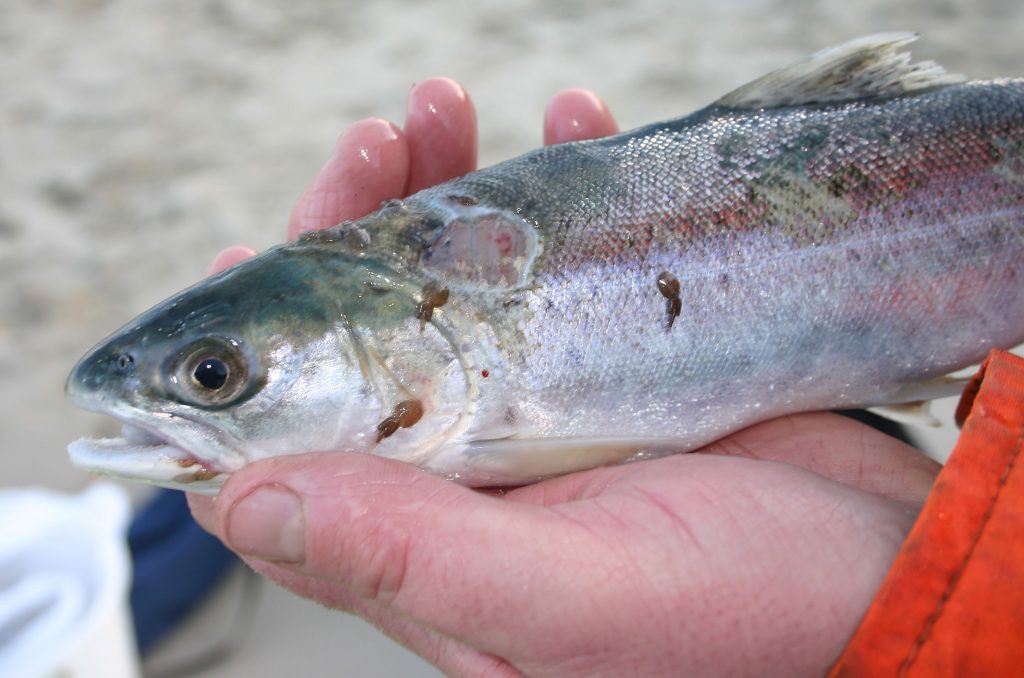The findings from two Scottish Parliamentary inquiries in 2018 highlighted concerns over the environmental impacts of fish farming in Scotland, particularly relating to the dangers posed by salmon farms to wild salmonids through sea lice and escapes. The inquiries concluded that the status quo was not an option and that changes to the regulation of the sector were required. The West Coast Tracking Project (in partnership with Fisheries Management Scotland and Marine Scotland) has been generating data which can inform that process to support better protection for wild salmon and sea trout.
Last week SEPA released an update on the planned introduction of Wild Salmon Protection Zones (WSPZs) around the west coast of Scotland, informed by its Sea Lice Risk Assessment Framework. The stated aim of this initiative is to ‘protect wild salmon and sea trout from sea lice.’

The process has now entered its 14-week consultation phase and the Atlantic Salmon Trust is preparing a detailed response to ensure that this important milestone is a positive turning point for wild salmonids.
Our response will aim to ensure that the WSPZs:
- Do not permit a continuation of the status quo.
- Provide genuinely better protection for wild salmon and sea trout.
- Are introduced in a timely manner to match the urgency of the salmon crisis we face.
- Support regulation that is transparent, accountable, and enforceable.
The full details of our response will be released and made public before the deadline for the consultation process.
#WildSalmonFirst